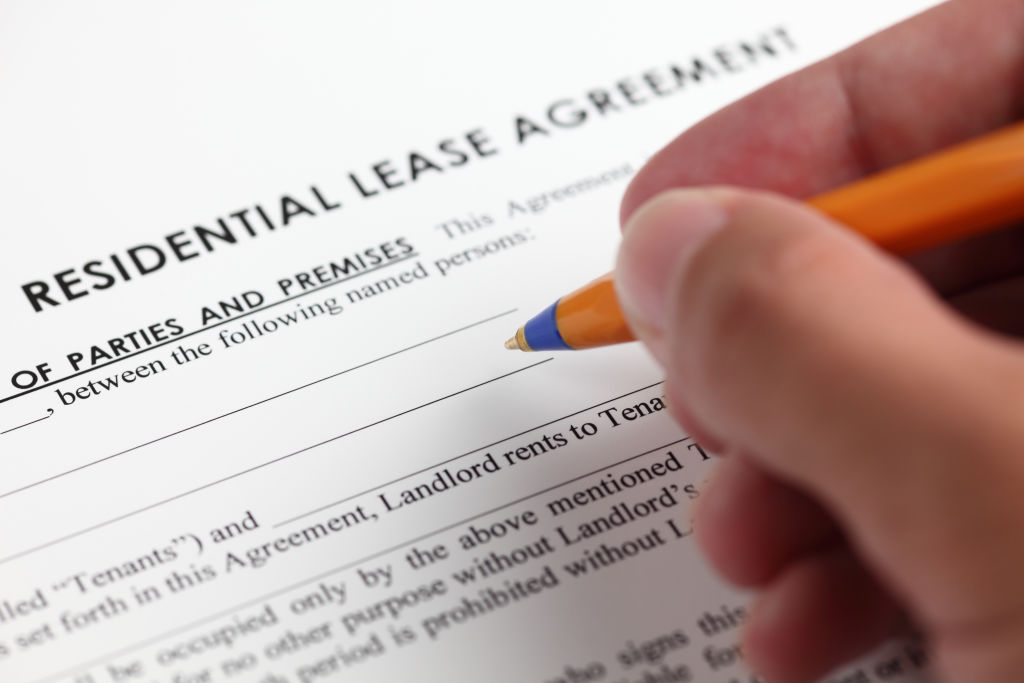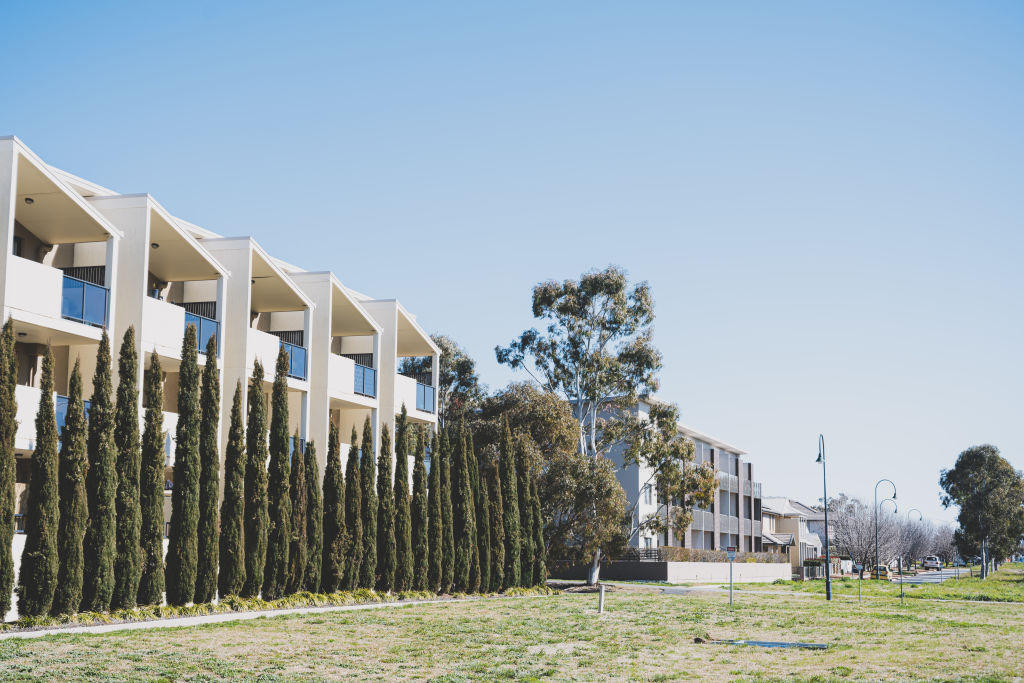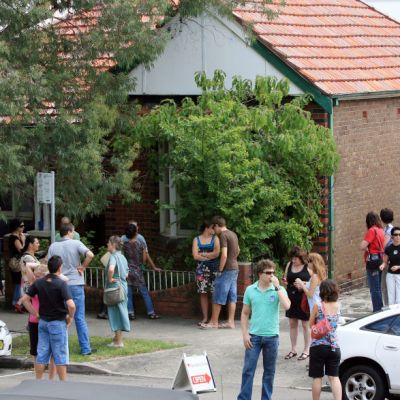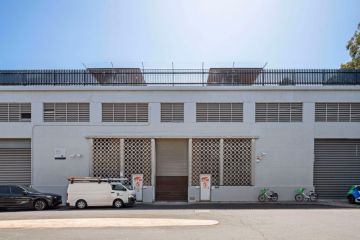Is renting long-term the right approach and what are the benefits?
The idea of renting for life is a pretty new one for most Australians. Many grew up thinking that it was a rite of passage to buy a place to live in, but with house prices once again defying the odds and continuing to grow, renting long-term is becoming the new reality.
So, are there benefits to renting instead of buying? Yes. But there are also pitfalls.
I want you to know that I am writing this with mixed feelings. On one hand, I believe all of the below are true. On the other, I also know that even renting in Australia right now is challenging – I have heard all of the stories of huge rental increases, lines around the block for rental inspections, landlords who see properties only as vehicles for building wealth and do not maintain them to a standard that renters need to live healthy lives.
We also have laws that, in most cases, overwhelmingly, favour the landlord. As a tenant myself and a landlord, I am trying here to give a fair and balanced argument. Let’s go:
What are the pros of renting long-term?
Flexibility
Renting gives you ultimate flexibility, so you can move as your life and circumstances change. I have given advice to a number of people who thought they had moved to the perfect place only to discover nasty, and sometimes expensive, surprises.
Thankfully, if you are renting you haven’t just splashed out on stamp duty and a large mortgage only to discover that you now have a very large bill to pay – special levies, structural issues, leaks for example – or untenable neighbours. After your lease period is up, you can hightail out of there and never look back.

Cost
While we have seen steep increases in rental prices and a very tight market over the last 12 months, those on variable mortgages have had a whopping 13 interest rate increases since May 2022. And those with fixed-rate loans are bracing for an impending smack to their budget when their fixed-rate period expires.
If you spend more than 30 per cent of your post-tax income on housing, we would consider you to be in “housing stress”. Many home owners are finding the increase unsustainable on top of the large cost of living increases.
While this is affecting both renters and owners alike, the lead time to sell and settle on a property is generally longer (and more expensive) for owners.
Diversification
I often get asked, “Should I buy a property or invest in shares?” Buying a property can be attractive when markets are rising, but also limits your ability to diversify your assets. Buying one property in a market that doesn’t grow or has significant costs you weren’t expecting can make it a very unappealing asset.
However, investing across many companies, countries or indices can ensure that if one company goes bust or one country sees a market decline, you have spread your risk to lessen the impact on your wealth.
Rentvesting
The desire to live in an area that suits your lifestyle needs but has unattainable purchase prices has seen more and more people living where they like and buying where their budget or financial strategy makes the most sense.
Rentvesting allows renters to still benefit from growth in the property market without shouldering a large, non-deductible debt.

In saying all of this, there are pitfalls to consider.
What are the cons of renting long-term?
Lack of housing stock
Despite living on a continent almost as big as the mainland United Statesa (which has a population more than 10 times ours), we don’t have enough housing to meet our demands.
Immigration is at an all-time high. And we all need somewhere to live.
Without a huge injection of additional housing, economists are predicting that housing will continue to go up, which is no doubt sad and painful news for renters, but exciting news for home owners.
We also need to call out that leverage is a key driver in growth in this asset class. Most people can build wealth with property because they have usually borrowed a significant proportion of the value through a mortgage, so any growth is on the total, often larger, amount.

Inflation
One other area that I believe doesn’t get enough airtime in this conversation is our pesky friend inflation. Effectively, how far does your dollar go when it comes to purchasing power?
When you take out a 30-year mortgage your interest rate will change as the market does. If you are paying off principal and interest, the debt over time will reduce and one day you will have a property that is debt-free. This means your cost of living will be drastically reduced as you no longer have mortgage repayments to make.
On the other hand, if you are renting for life, as inflation increases, you can expect that your rent will continue to increase in line with market demand and the value of a dollar decreasing. In a practical sense, your ongoing living costs will most probably be higher forever and you will need more money in other assets to ensure you can pay your rent.
So while there are benefits to long-term renting, there are also significant downsides. The important thing is to ensure you’re making the right decisions for your own situation, both from a financial and lifestyle perspective.
We recommend
We thought you might like
States
Capital Cities
Capital Cities - Rentals
Popular Areas
Allhomes
More










